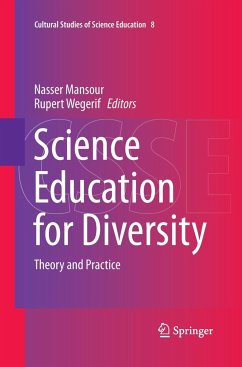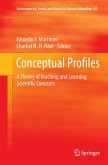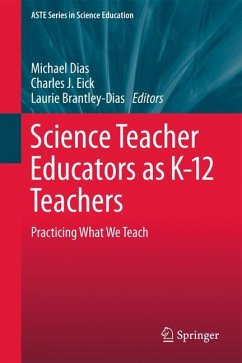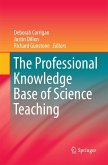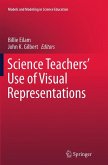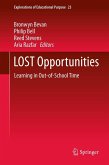This book reviews cultural factors influencing engagement and non-engagement in science education worldwide, sheds light on the reasons why increasing numbers of students fail to engage with science education, and assesses cultural diversity as a response.
Reflecting the very latest theory on diversity issues in science education, including new dialogic approaches, this volume explores the subject from a range of perspectives and draws on studies from around the world. The work discusses fundamental topics such as how we conceptualize diversity as well as examining the ways in which heterogeneous cultural constructs influence the teaching and learning of science in a range of contexts.
Including numerous strategies ready for adoption by interested teachers, the book addresses the varied cultural factors that influence engagement with science education. It seeks answers to the question of why increasing numbers of students fail to connect with science education in schools and looks at the more subtle impact that students' individually constructed identities have on the teaching and learning of science. Recognizing the diversity of its audience, the book covers differing levels and science subjects, and examines material from a range of viewpoints that include pedagogy, curricula, teacher education, learning, gender, religion, and ICT, as well as those of in-service and trainee teachers at all levels.
Reflecting the very latest theory on diversity issues in science education, including new dialogic approaches, this volume explores the subject from a range of perspectives and draws on studies from around the world. The work discusses fundamental topics such as how we conceptualize diversity as well as examining the ways in which heterogeneous cultural constructs influence the teaching and learning of science in a range of contexts.
Including numerous strategies ready for adoption by interested teachers, the book addresses the varied cultural factors that influence engagement with science education. It seeks answers to the question of why increasing numbers of students fail to connect with science education in schools and looks at the more subtle impact that students' individually constructed identities have on the teaching and learning of science. Recognizing the diversity of its audience, the book covers differing levels and science subjects, and examines material from a range of viewpoints that include pedagogy, curricula, teacher education, learning, gender, religion, and ICT, as well as those of in-service and trainee teachers at all levels.
From the reviews:
"The book focuses on cultural issues in science education. ... The book also presents strategies for how to teach and deal with diverse groups in science classes. ... The book is well written and easy to read (even for non-native speakers). ... it will be of interest to researchers working in the field of diversity in science education, as well as for others." (Silvija Markic, Education in Chemistry, July, 2014)
"The book focuses on cultural issues in science education. ... The book also presents strategies for how to teach and deal with diverse groups in science classes. ... The book is well written and easy to read (even for non-native speakers). ... it will be of interest to researchers working in the field of diversity in science education, as well as for others." (Silvija Markic, Education in Chemistry, July, 2014)
"Science Education for Diversity is valuable reading for a wide audience of science educators, researchers, and policy-makers as it offers a clear-eyed, critical look at the inability of mainstream science education to recruit a diverse ST workforce while preparing all citizens to be scientifically literate, lifelong science learners. Contributions that present a range of theoretical approaches and practices, highlight tensions, and provide possible solutions across a range of implementation sites promise to provide useful insights." (Pauline W. U. Chinn, Studies in Science Education, Vol. 53 (1), 2017)
"The book focuses on cultural issues in science education. ... The book also presents strategies for how to teach and deal with diverse groups in science classes. ... The book is well written and easy to read (even for non-native speakers). ... it will be of interest to researchers working in the field of diversity in science education, as well as for others." (Silvija Markic, Educationin Chemistry, July, 2014)
"The book focuses on cultural issues in science education. ... The book also presents strategies for how to teach and deal with diverse groups in science classes. ... The book is well written and easy to read (even for non-native speakers). ... it will be of interest to researchers working in the field of diversity in science education, as well as for others." (Silvija Markic, Educationin Chemistry, July, 2014)

